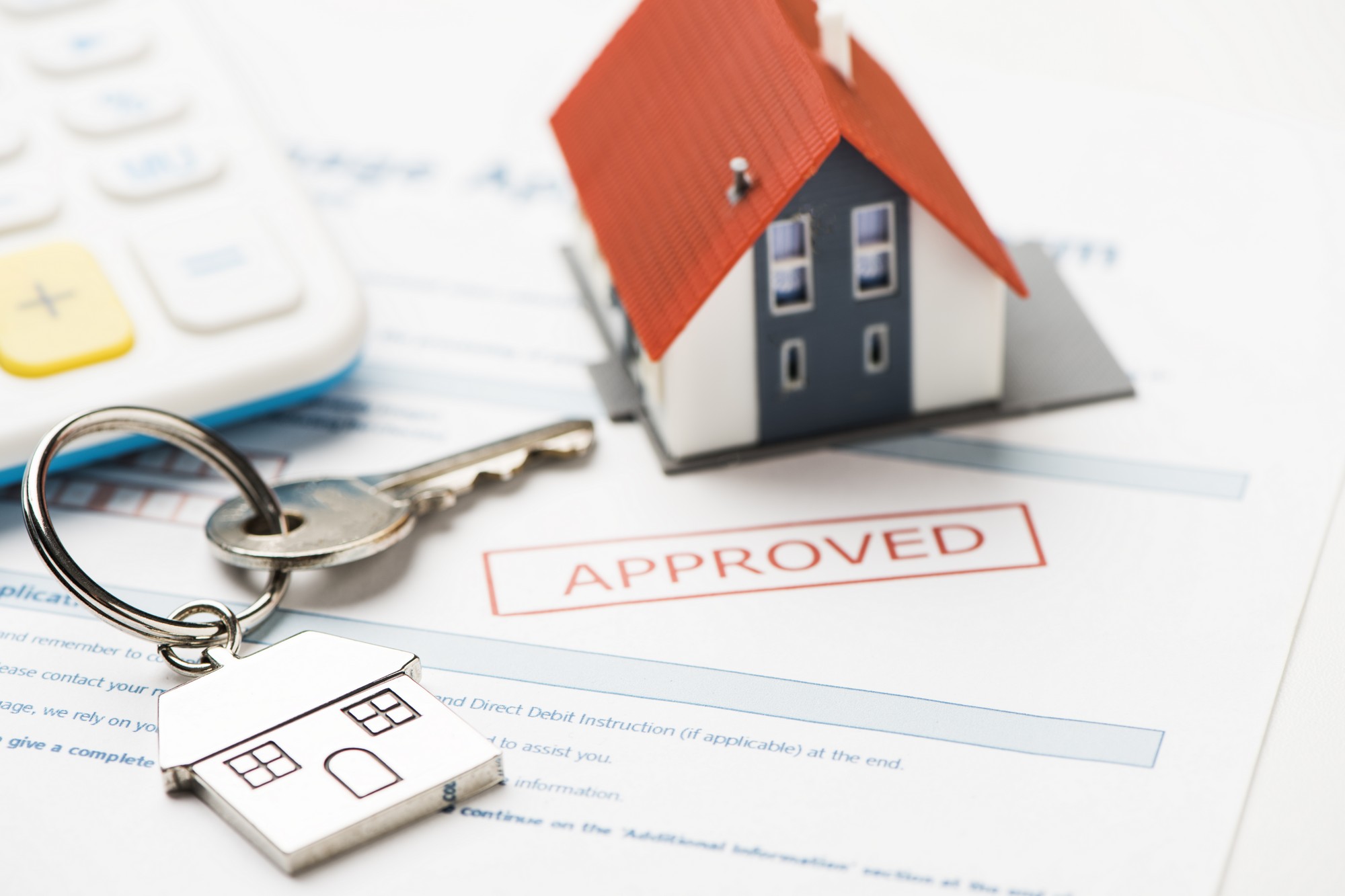New year is approaching which can bring a lot of stress along. Not sure where to begin? Our financial checklist for the New Year could be your starting point to get your financial priorities back on track in 2021.
Review your home loan
Your mortgage is probably going to be your largest financial obligation. As a result, it’s critical that you don’t pay more than you have to. If you’ve had the same loan for two years or longer, you might be able to receive a lower rate from a different lender.
And, if 2022 is the year you want to start as a first-time home buyer, now is the time to seek professional guidance and begin the initial steps towards making your goal a reality.
Re-examine your budget
Take stock of your money in 2021 to find your budgetary focus. Spending a few minutes examining your costs may guarantee that you are only spending on necessities. A simple review of your transactions and credit card accounts can identify areas where you may be able to cut back on spending.
Taxes
Consider the coming conclusion of the financial and tax year. Making a note of any insurance plans that may provide tax benefits is one example. Determine if a trust or other method might be beneficial.
In case you didn’t know, charitable contributions are tax deductible – that is, you may get 33.33 cents on the dollar back from Inland Revenue, New Zealand’s tax collecting agency. Despite this, most individuals never file a claim, which is simple to do online.
Take steps to build an emergency fund
You never know when such unexpected costs may occur. But when they do, they may pack a powerful punch. Having funds saved aside can be a valuable resource for dealing with unanticipated expenditures. If you don’t already have an emergency savings account, three simple steps might help you get started.
- Examine Your Budget – If you’ve never made a budget, it’s absolutely a worthwhile endeavour. A budget provides you with a comprehensive perspective of your money and assists you in regaining control. Your budget should contain how much money is coming in and how much money is going out over a specific time period. This manner, you can identify where you may cut back and prepare for future costs.
- Choose one thing, cut it, and save money! – Is 2022 the year to say goodbye to everyday takeout and underused gym memberships? Choose one monthly expenditure, consider how you can minimise it, calculate how much money you’re saving each month as a result of this easy adjustment, and save that money in your emergency savings.
- Prioritize your saving habits – Don’t stop simply because you’ve reached your first savings goal! Increase your savings objectives gradually until you have a substantial buffer for unforeseen situations. It’s a fantastic way to relax and unwind without having to worry about money.
Dream big, what can be improved for 2021?
With a new financial health baseline in place and year-end financial responsibilities completed, it’s time to look ahead to 2022 with fresh eyes. Will this be the year you buy your first house, a second home, a new car, a kitchen remodel, or braces for your child?
Do you want to get out of debt? Increase your emergency savings to cover a half-worth year’s of expenses? Do you have an estate plan? Perhaps you’d like to assist your adult children in purchasing their first house, or you’d like to retire earlier than you had planned.
Your financial house, like any other, requires ongoing maintenance. With the approach of summer and thoughts turning to a happy and healthy 2022, what better time is there for a review of your financial wellness? Contact and we can help make you’re your 2022 plan in on track to meet all your goals.


